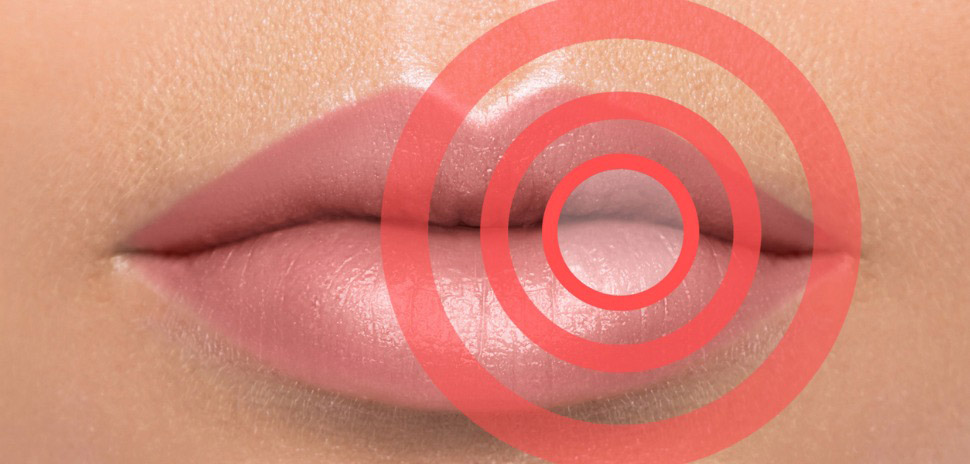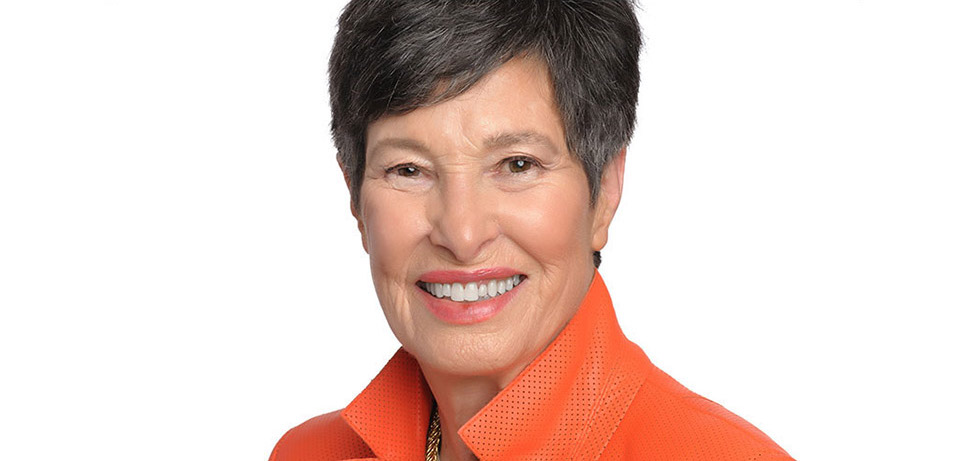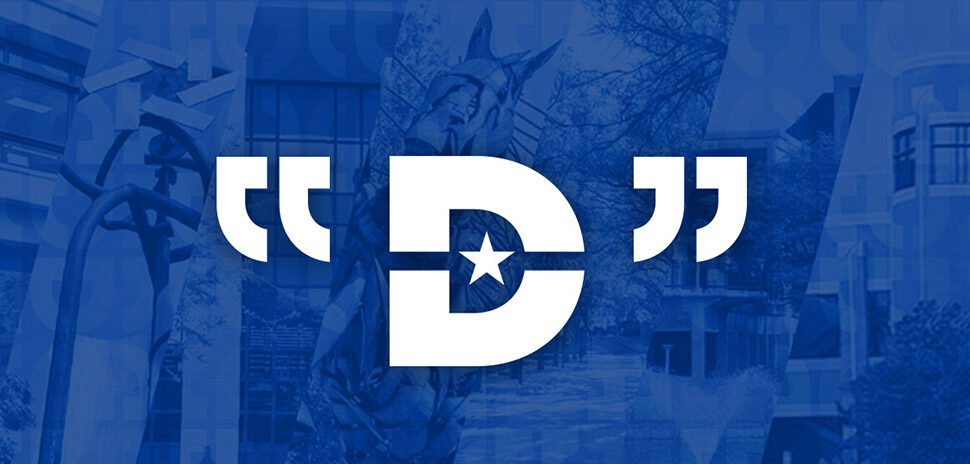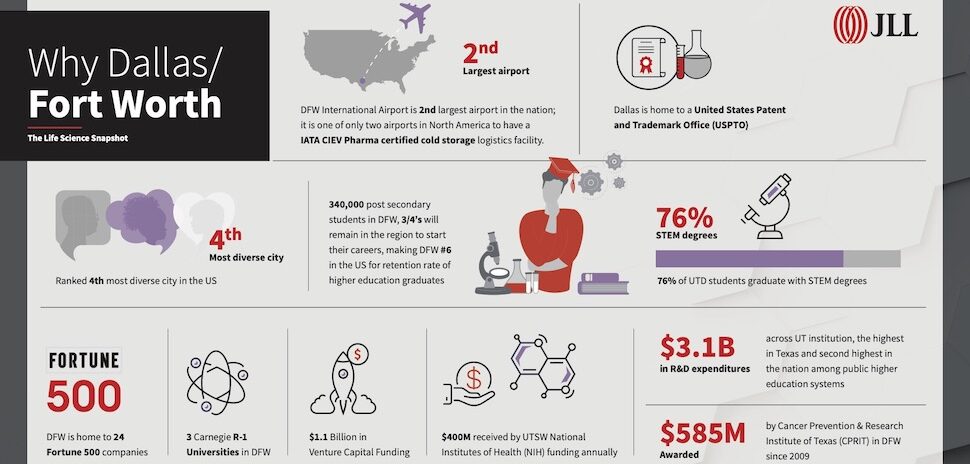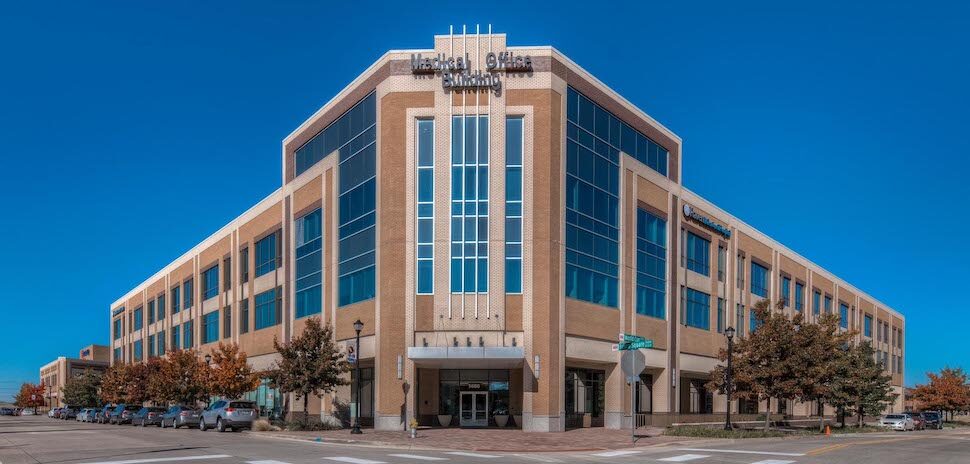A Dallas-based startup and BioNTX member has launched a new product to treat a condition impacting 25% of adults—and it’s launched its own storefront on Amazon to market it.
Co-founders Paul Stewart and Frank Murdock started up SkinStasis Skin Care earlier this year to meet “a big unmet need” in the cold sore/herpes virus field, where they say there has been “no real new pharmaceutical development” for over 20 years. Their team works out of BioLabs at Pegasus Park.
About one out of four adults experiences recurring cold sore outbreaks, which often last up to two weeks, the founders say. They conducted surveys of over 4,000 cold sore sufferers and found that 85% were unhappy with current remedies.
Longtime Dallas entrepreneurs

Paul Stewart
Stewart and Murdock had teamed up in the 1990s in Dallas to work for a German-based medical device company named Leibinger. “We sold it to Pfizer and continued to operate it globally for several years until Pfizer sold it to Stryker,” Stewart told Dallas Innovates.
The two have continued to work as entrepreneurs in the decades since, sometimes together, with financial backing from Dallas real estate entrepreneur Doug Rippeto.
Stewart launched Tranexamic Technologies Group in 2013, with Murdock joining as co-managing principal in 2017. The company is a member of BioNTX, a group that works to build life science innovation in the region.
In their latest effort together, the duo explored a new treatment model for cold sores.
Zeroing in on tranexamic acid
For 10 years or more, both co-founders had been working on various uses of tranexamic acid—which is used to control bleeding for conditions like heavy periods and nosebleeds.
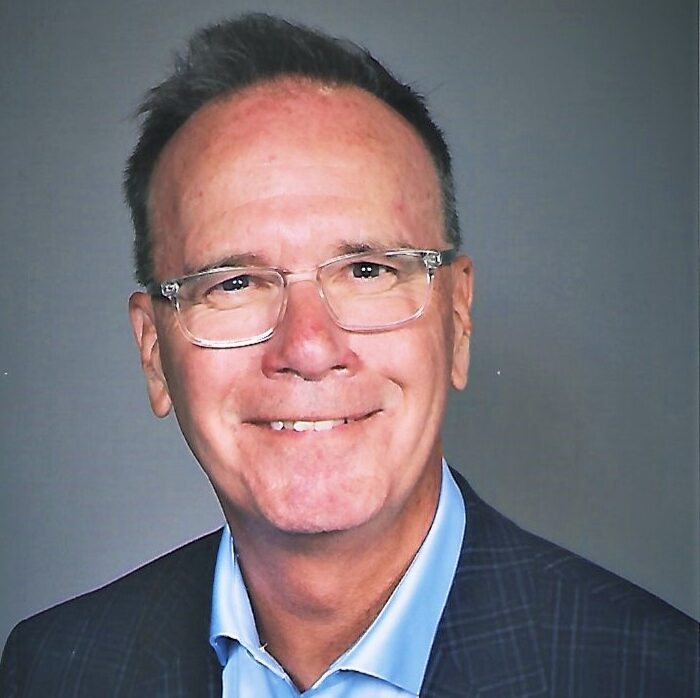
Frank Murdock
“It’s available now in pill form and in a solution for intravenous use to reduce bleeding, but there are advantages to topical use in certain circumstances,” Stewart told us.
“We hypothesized that using tranexamic acid (TA) underneath the commonly used cold sore treatments could be a solution, and our investigations proved that to be correct,” Stewart said. “TA is widely used by good cosmetics companies as a cosmetic ingredient for skin brightening, or the reduction of the appearance of skin discoloration typically caused by aging and sun exposure.”
The team decided to optimize a TA topical formula to work compatibly with various cold sore treatments on the market (“which is much more difficult than it sounds and involves some trade secrets,” Stewart said), in order to provide a cosmetic skin brightening element that could help resolve the appearance of cold sores more quickly..
Worked with Cosmetic Laboratories in Irving to Launch ‘NextLeap’
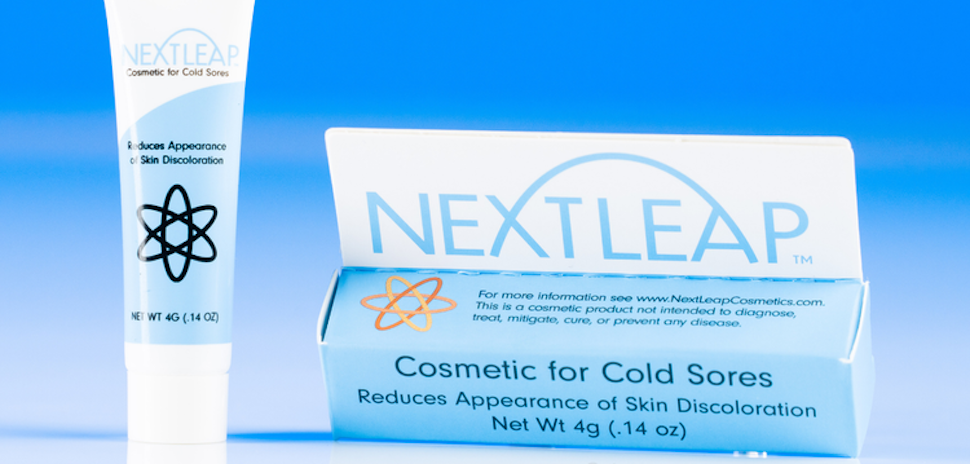
SkinStasis Skin Care’s NextLeap cold sore treatment product. [Image: NextLeap]
Stewart and Murdock worked with Cosmetic Laboratories in Irving to create a cold sore treatment serum with TA and branded it as NextLeap.
Led by owner Doug Johnson and VP of Operations Shelley Strowd, Cosmetic Laboratories “added the finishing touches” on NextLeap, sourced the product container and labeling style, and connected SkinStasis with local box provider Pakrite.
Stewart: NextLeap shortens time to recovery to as little as 24 to 48 hours
Applying NextLeap followed by the cold sore treatment product provides a dual impact, Stewart says, delivering “the cosmetic benefits of TA and the therapeutic benefits of the treatment, with excellent results in shortening the time to recovery of normal appearance—usually 24 to 48 hours when started at symptom onset.”
“We anticipate good sales of NextLeap in a large market, but our approach should also lead to increased sales of the various cold sore remedies used in combination with better cosmetic results,” Stewart added.
Marketing, website, social media, and more
To get NextLeap brand impressions in the marketplace, the co-founders hired former Dallasite Jeanann Grubbs of Hour One Agency, who works primarily in L.A.
Hour One handles marketing issues for SkinStasis, from getting its website and Amazon store set up to creating photography and imagery, press releases, and a social media campaign.
“We now know a lot more than we ever imagined we would about Instagram, Facebook, LinkedIn, TikTok, and social influencers,” Stewart said.
![]()
Get on the list.
Dallas Innovates, every day.
Sign up to keep your eye on what’s new and next in Dallas-Fort Worth, every day.










